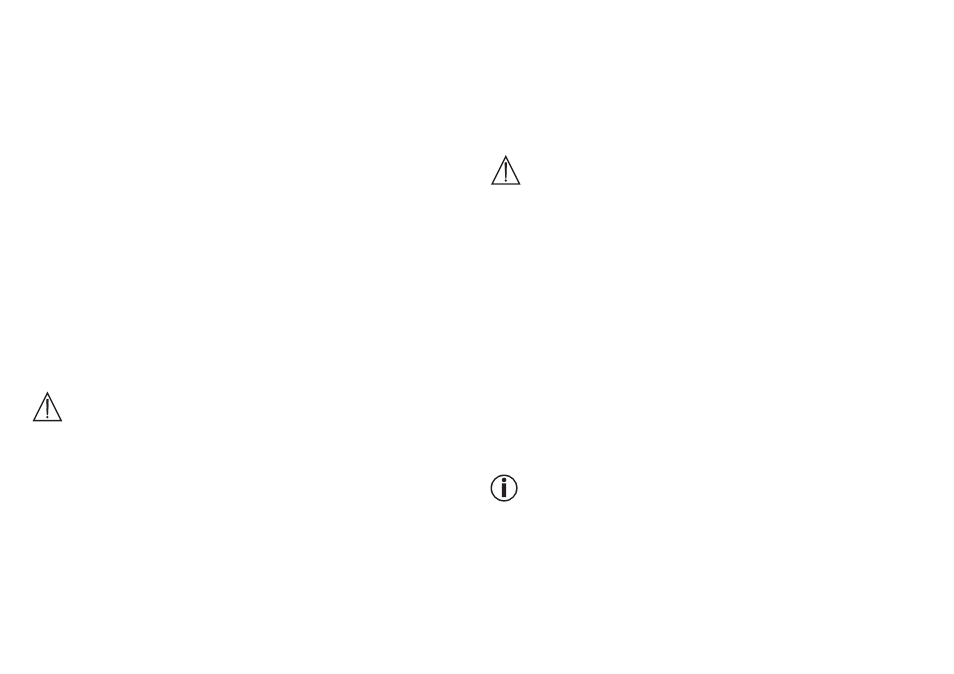Beurer BM 75 User Manual
Page 19

19
• Ensure that the cuff is not placed on an arm in which the
arteries or veins are undergoing medical treatment, e.g. intra-
vascular access or therapy, or an arteriovenous (AV) shunt.
• Do not use the cuff on people who have undergone a mas-
tectomy.
• Do not place the cuff over wounds as this may cause further
injury.
• You can either use the blood pressure monitor with batteries
or with a mains part. Please note that data transfer and data
storage is only possible when your blood pressure monitor is
supplied with power. As soon as the batteries are empty or
the mains part is disconnected from the power supply, the
blood pressure monitor loses the date and time.
• To conserve the batteries, the monitor switches off automati-
cally if no buttons are pressed for 3 minutes.
• The device is only intended for the purpose described in
these instructions for use. The manufacturer is not liable for
damage resulting from improper or careless use.
Storage and Care
• The blood pressure monitor is made up of precision electron-
ic components. Accuracy of readings and the instrument’s
service life depend on careful handling.
– You should protect the device from impact, moisture, dirt,
major temperature fluctuations and direct exposure to the
sun’s rays.
– Never drop the device.
– Do not use near strong electromagnetic fields, i.e. keep it
away from any radio systems and mobile phones.
– Only ever use the cuffs provided with the monitor or origi-
nal replacement cuffs. Otherwise erroneous results will be
recorded.
• Do not press any buttons until the cuff is in position.
• If the instrument is not used for any length of time, we
recommend removing the batteries.
Advice on batteries
• Batteries can be fatal if swallowed. You should therefore
store the batteries and products where they are inaccessible
to small children. If a battery has been swallowed, call a doc-
tor immediately.
• Batteries should not be charged or reactivated with any other
means, nor should they be taken apart, thrown in the fire or
short-circuited.
• Remove the batteries from the instrument if they are worn out
or if you are not going to use the instrument for any length
of time. This prevents any damage as a result of leakage.
Always replace all the batteries at the same time.
• Never use different types of battery, battery brands or bat-
teries with different capacities. You should preferably use
alkaline batteries.
Repair and disposal
• Batteries do not belong in domestic refuse. Used batteries
should be disposed of at the collection points provided.
• Never open the instrument. If these instructions are not
heeded, the warranty will be null and void.
• Never attempt to repair the instrument or adjust it yourself.
We can no longer guarantee perfect functioning if you do.